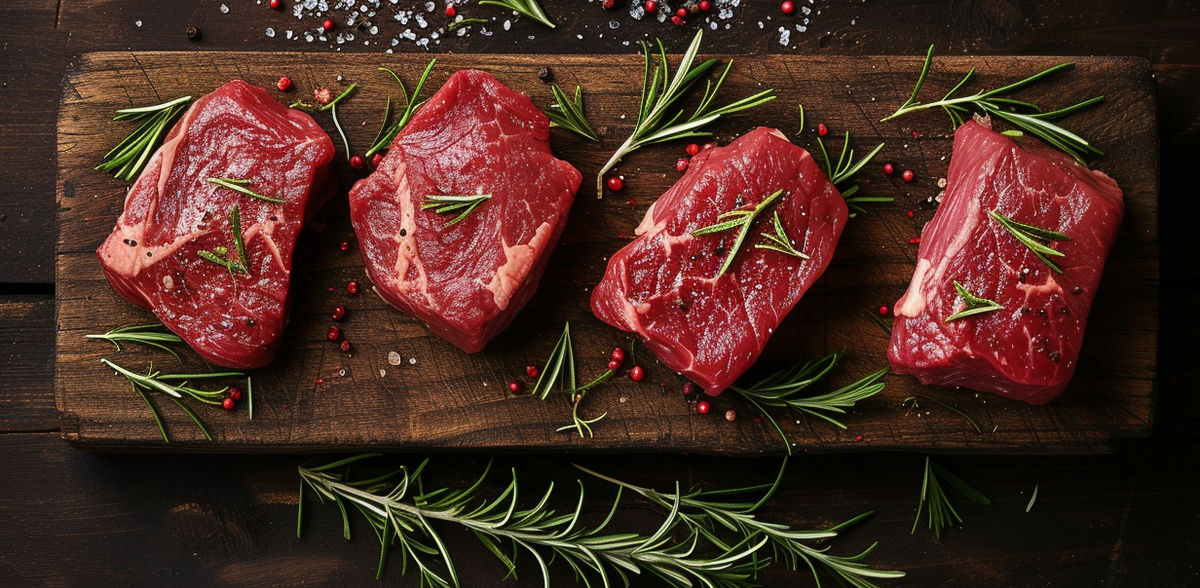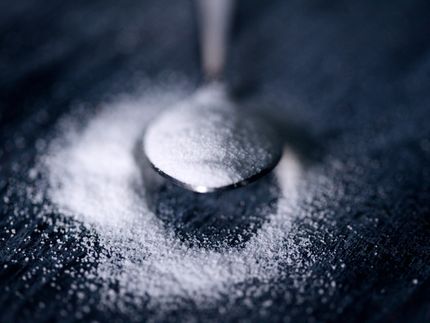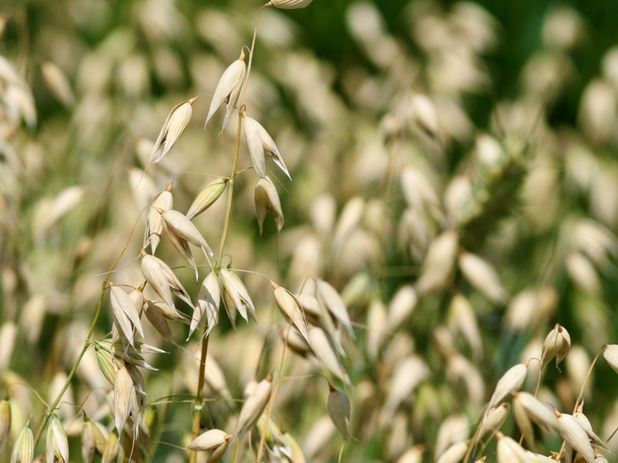Focus on carcinogenic effects of processed red meat
RPTU researcher receives Emmy Noether grant
Advertisement
The World Health Organization (WHO) classified the consumption of processed meat as carcinogenic for humans years ago. However, the connection between possible toxic substances in meat, the digestive processes in the body and the development of bowel cancer is still not fully understood. Dr. Tina Kostka wants to close the gaps with her research into the underlying mechanisms of the toxicity of processed red meat. The RPTU researcher will receive up to 1.8 million euros from the Emmy Noether Program of the German Research Foundation (DFG) to set up a junior research group in the Department of chemistry.
Colorectal cancer is one of the most common types of cancer. This alone illustrates how important it is to clarify the causes. When red meat is consumed, the organic, iron-containing compound "heme" is suspected of causing damage to the genetic material of intestinal cells. In the case of processed meat, the focus is primarily on toxic nitroso compounds (including nitrosamines), which are formed from the preservative sodium nitrite during the digestion process. "We also know that not only digestive enzymes, but also the microbiome, i.e. the entirety of intestinal bacteria, are involved in the formation of nitroso compounds," explains Kostka. "And what makes the situation even more complex is that in processed red meat, in which haem(-iron) and nitrite are present, it has been observed that the two ingredients influence each other's effects."
Transferring digestion to the test tube
As part of the research work of her Emmy Noether Group at the Department of Chemistry, the toxicologist first wants to comprehensively investigate the formation and effect of the toxic nitroso compounds. "We want to understand step by step what happens to the substances that are considered toxic during digestion. The ingredients in meat are known. Nitroso compounds can be detected in the intestine. However, it is unclear exactly when and where these substances are formed. We therefore simulate all the steps of a digestive process in a test tube. We are interested in what happens to the substances chemically and enzymatically and how they change."
In the next step, the scientist will collaborate with ETH Zurich. A fermenter is available there as an artificial large intestine that contains a human microbiome. "We want to use this to investigate how the substances interact with the microbiome and vice versa," adds Kostka.
Protective mechanism of intestinal cells
The second part of the project focuses on toxicity. The aim is to investigate in more detail how nitrite influences the toxicity of the heme. "Our cells have a protective mechanism that breaks down heme and thus reduces its toxic effect. An enzyme known as heme oxygenase-1 is responsible for this. Nitrite and nitroso compounds could influence the function of heme oxygenase-1. In the case of bowel cancer, no comprehensive findings are available to date," says the researcher. She and her junior research group will therefore investigate the interaction of meat ingredients with haemoxygenase-1 in various experimental environments - in cell-free systems and in intestinal cells - using biochemical and bioanalytical methods. Subsequent analyses will show whether tumor-relevant proteins are activated. Tissue samples from colon cancer patients will also be examined. To this end, there will be cooperation with other working groups at the Department of Chemistry, the Department of Biology and the Mainz University Medical Center.
Potential of nitrite alternatives
The scientist would also like to investigate other preservatives that are being discussed as possible alternatives to sodium nitrite for preserving meat. A toxicological assessment is also essential in these cases. "It is already known that one of the nitrite alternatives currently being discussed inhibits haemoxygenase-1 as a protective mechanism of intestinal cells. This could significantly increase the toxic effect of heme and processed red meat. However, we can only make precise statements once we have investigated the interaction of the individual factors in more detail," explains Kostka.
Exploiting synergies in research
Dr. Tina Kostka moved to University of Kaiserslautern-Landau (RPTU) in mid-2022 as a postdoctoral researcher in the working group of Professor Dr. Jörg Fahrer, whose research focuses on the mechanisms of colorectal cancer development and liver toxicity. "I am overwhelmed that I have been approved for the Emmy Noether Group and I have big plans," says Kostka happily. "RPTU offers me the best research conditions for this. The Department of Chemistry and Biology have supported me very well in the application process and at the same time offer me many opportunities for cooperation. There are numerous synergies with my research topic that I have already been able to build on. I also received research funding from the TU-Nachwuchsring in 2023, which enabled me to carry out initial preliminary experiments. That paid off in my application."
Note: This article has been translated using a computer system without human intervention. LUMITOS offers these automatic translations to present a wider range of current news. Since this article has been translated with automatic translation, it is possible that it contains errors in vocabulary, syntax or grammar. The original article in German can be found here.
































































